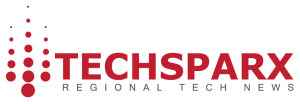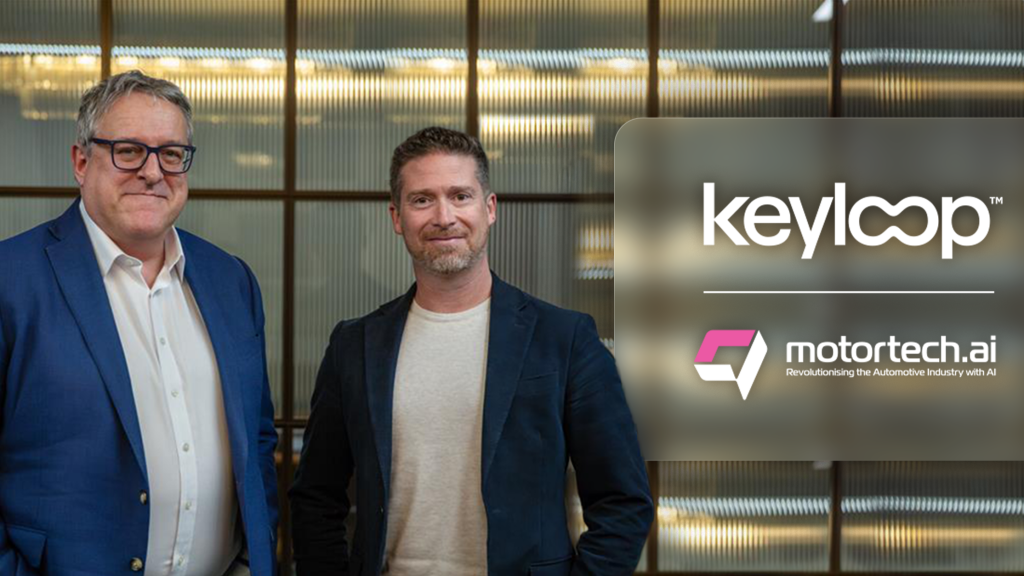IBM anticipates achieving £3.5 billion in internal savings by scaling its artificial intelligence (AI) initiatives, a programme that Arvind Krishna, IBM’s chairman, president, and chief executive officer, refers to as a “flywheel for growth and margin expansion.”
In prepared remarks for IBM’s second-quarter 2025 earnings call, Mr Krishna stated that the business had already realised £2.7 billion ($3.5 billion) in annual run-rate savings by the end of 2024. He added that the company believes it can achieve close to £3.5 billion ($4.5 billion) in annual run-rate savings by the end of 2025.
Overall, IBM reported revenue of £13.4 billion ($17 billion) for the quarter, an 8% increase compared to the same period last year. Meanwhile, annual recurring revenue from its software business grew to £17.9 billion ($22.7 billion), up 10% year-on-year. This growth was primarily driven by its containerisation and virtualisation platform, OpenShift, which saw revenue rise by more than 20%.
IBM’s next release of z/OS promises to unlock AI, management and security features in the z17 mainframe portfolio. The z/OS 3.2 software will be available from 30 September and will underpin IBM’s z17 mainframe, with features supporting new AI acceleration technologies as well as improved management for hybrid cloud applications, advanced encryption and threat detection, plus integrated and simplified programming capabilities.
“AI remains a powerful driver of transformation for our clients and for IBM,” said Mr Krishna. “Our generative AI book of business continues to accelerate and now stands at more than £5.9 billion ($7.5 billion). With our strong first-half performance, we are raising our full-year outlook for free cash flow, which we expect to exceed £10.6 billion ($13.5 billion).”
While the quarterly results indicate that IBM’s business has benefited from customers keen to deploy AI, questions have been raised regarding whether the technology is cannibalising its existing business. In a transcript of the company’s earnings call, Mr Krishna addressed the minor pricing pressure that arises when organisations perceive a technology as a commodity rather than innovative. He emphasised that the primary area of focus is on reducing operational costs to enable greater investment in software.
“People are looking at internal labour expenses and third-party labour expenses. They’re looking to decrease those to make room for what they’re doing around software,” he said.
According to Mr Krishna, the AI being integrated into the IBM product portfolio makes its offerings superior and more competitive against rival products: “Consulting is a big piece of the AI book of business, which is coming, because people are directing their dollars [consulting on AI] as opposed to alternate forms of consulting. And that is why it’s really important to be focused on what we call transformative projects, which include AI.”
Image source: LinkedIn










